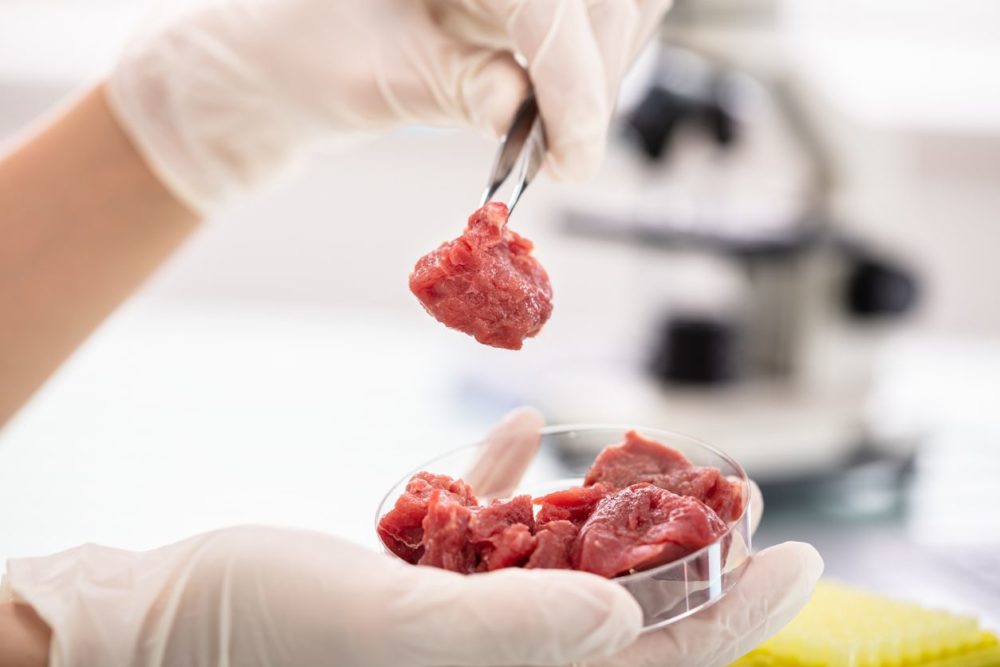- Bill Gates has suggested that developed nations should completely replace their consumption of cattle-derived beef with “synthetic” alternatives.
- “For Africa [and] poor countries, we’ll have to use animal genetics to dramatically raise the amount of beef per emissions,” he said in an interview with MIT Technology Review to promote his new book, ‘How to Avoid a Climate Disaster.’ “I don’t think the poorest […] countries will be eating synthetic meat. I do think all rich countries should move to 100% synthetic beef.”
- The Microsoft co-founder and Gates Foundation co-chair said he isn’t sure if ‘lab-grown’ meat “will ever be economical.” But he said that plant-based protein makers like Impossible Foods and Beyond Meat — both of which he has invested in — “have [a] quality road map and a cost road map that makes them totally competitive.”
Why it matters:
Since stepping down from executive duties at Microsoft in 2014, Bill Gates and wife Melinda have focused much of their time and wealth on social and environmental investments.
In the recently released ‘How to Avoid a Climate Disaster,‘ Gates critically examines technologies being developed to reduce greenhouse gas emissions from high-emitting industries like steel, cement, and food production.
The Gates’ can create the world’s biggest agrifoodtech testbed, but need to win over farmers first. Read more here
The Gates’ have invested in numerous other agrifoodtech startups, including cellular meat maker Memphis Meats and fertilizer reduction company Pivot Bio.
Last month, it was revealed that the couple own the largest single holding of private farmland in the US, with an estimated 242,000 acres across multiple states.





